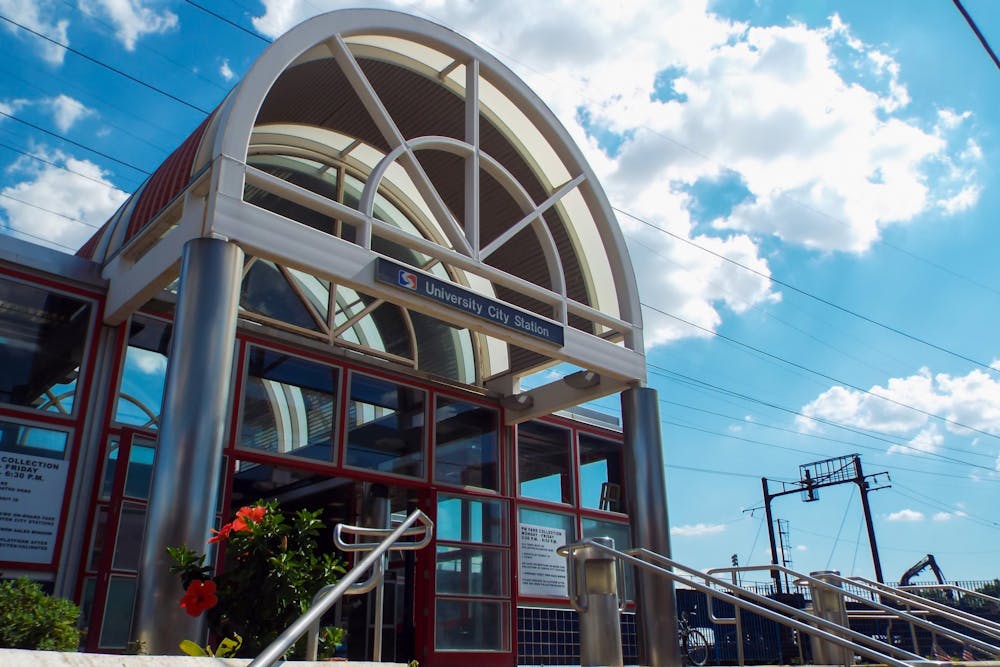
The cost of the new SEPTA Key Fare Program has risen to $192.5 million, reflecting a $70 million increase from the planned cost, The Philadelphia Inquirer reported.
The new system, which has faced a series of delays, aims to replace tokens and tickets with an electronically reloadable card as the primary form of payment for SEPTA transportation services.
The majority of the increased funds will go towards routine maintenance of the SEPTA Key system, SEPTA officials told the Inquirer, but there are some unexpected costs as well. One major cost is a $4.4 million overhaul of SEPTA card readers, which officials said are obsolete after six years of use.
SEPTA officials said updated hardware is needed to allow travelers to pay for rides with credit cards, apps, or digital wallets if they do not use a SEPTA Key card, the Inquirer reported. While SEPTA initially hoped to update existing machines, the company recently learned that current machines cannot be updated while meeting banking security standards.
The budget increase is the latest setback in a series of difficulties implementing the new smart fare system. This project has been in the works since 2008 and failed to deliver on an initial 2014 launch promise. Once it launched in 2016, SEPTA faced problems such as card reader errors, difficulties rolling out the program on Regional Rail, and issues selling key cards in various businesses.
The SEPTA Key system is still at least 14 months from completion. While the system was approved for changes until December 2020, officials would not commit that it would be fully functional by then, the Inquirer reported.
Kevin O’Brien, SEPTA’s senior program manager for the Key program, told the Inquirer that completing the SEPTA Key Fare Program by the end of 2020 “would be an ambitious hope."
The Daily Pennsylvanian is an independent, student-run newspaper. Please consider making a donation to support the coverage that shapes the University. Your generosity ensures a future of strong journalism at Penn.
Donate



